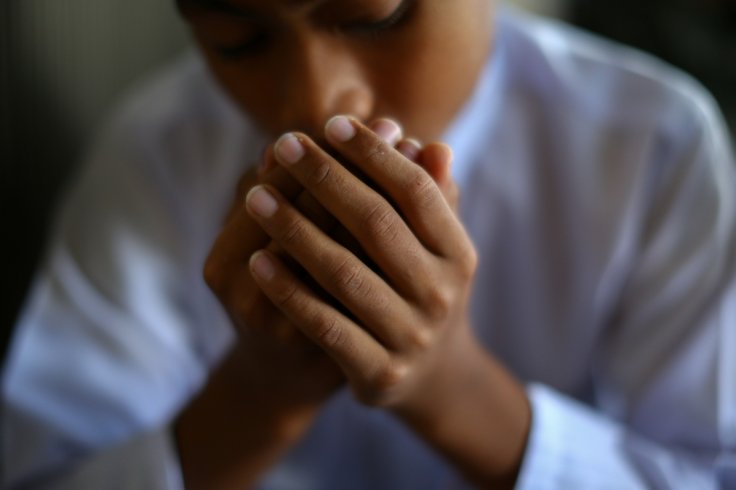
The Muslim holy month of Ramadan will begin on Friday, April 24 in most of the Muslim world including in the Kingdom of Saudi Arabia and the UAE, as the crescent moon marking the beginning of Ramadan was spotted in both countries late on Thursday, April 23.
The moon-sighting committees of both the countries announced Friday April 24 as the first day of Ramadan as Thursday, April 23 is the last or 30th of the preceding month of Sha'ban.
April 24 will also be the first day on Ramadan in Egypt, Bahrain, Kuwait, Pakistan, Malaysia, Singapore, Indonesia and the Philippines.
Ramadan starts on April 25 in Oman
The Sultanate of Oman will observe the first day of Ramadan a day later on Saturday April 25, because the Omani moon sighting committee failed to sight the crescent moon which marks the onset of Ramadan.
The holy month of Ramadan
As per the Islamic faith, the holy month of Ramadan comprises of 29 or 30 days (lunar cycle) depending on the moon-sighting and on the Hijri or Islamic calendar.
The holy month is observed by Muslims around the world who fast from dawn to dusk throughout the month, culminating on the day of Eid-al-Fitr which again depends on sighting the crescent moon marking the beginning of the succeeding month of Shawwal.
During the month, Muslims abstain from all vices and perform all the five obligatory prayers religiously and observe piety.
Ramadan in the midst of the pandemic
This year, Muslims will observe Ramadan which will be like none before due to the ongoing coronavirus pandemic which has been wreaking havoc across the globe.
A lot of rituals of Ramadan will be scaled down due to the lockdowns and social-distancing measures in place, and congregational prayers such as the special nightly Taraweeh prayers which are traditionally performed at mosques will be performed at home since mosques across the Middle East and most other countries of the world will continue to remain closed throughout the month to curb the spread of the virus.
No fasting for coronavirus patients and frontline workers
Earlier, it was announced by the fatwa (Islamic rulings) authorities in Saudi Arabia and the UAE that it is permissible for Covid-19 patients or anyone showing symptoms of coronavirus to not fast during Ramadan. The committee also confirmed that fasting is optional for frontline workers and medical staff who are attending to coronavirus patients and fear that fasting would result in weakening their immunity. However the fasting or Roza which lasts from the Fajr (morning prayers at around 4:00am) to Maghreb (evening prayers around 7:00pm) is obligatory for healthy adult Muslims as declared by Sheikh Abdullah bin Bayyah in a virtual meeting held a few days ago.








